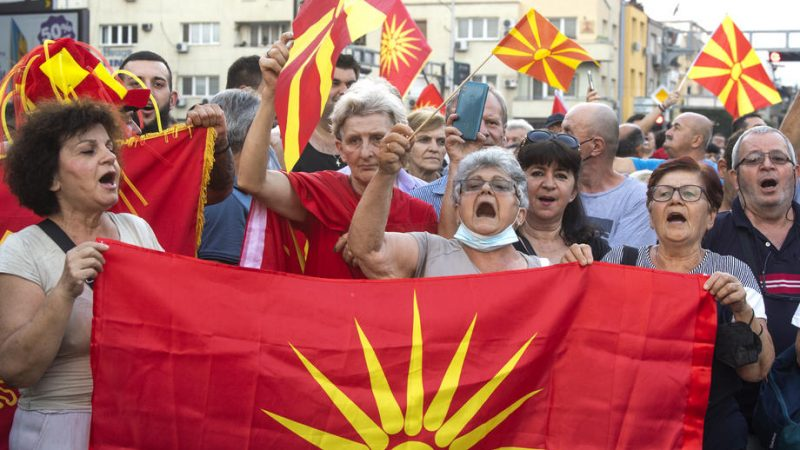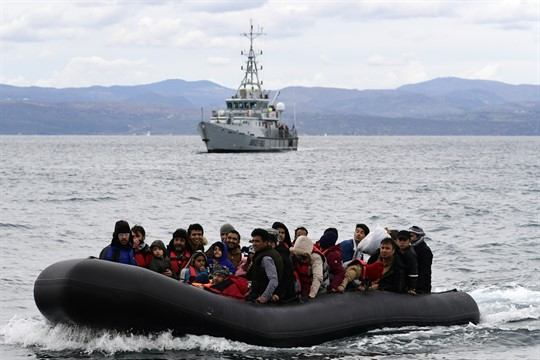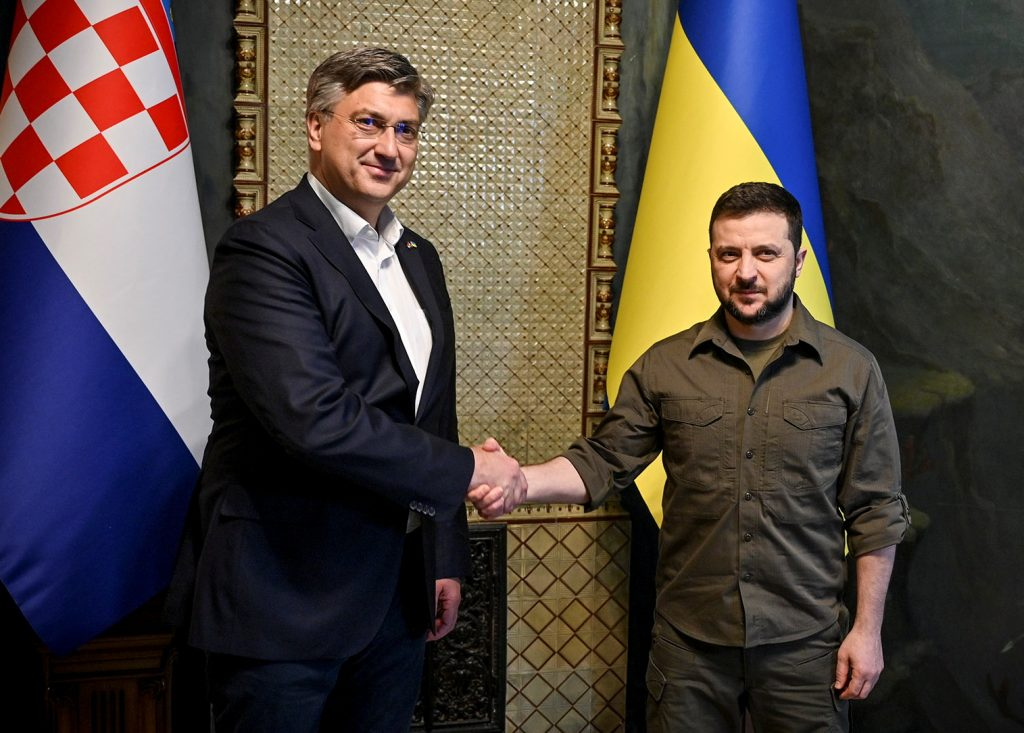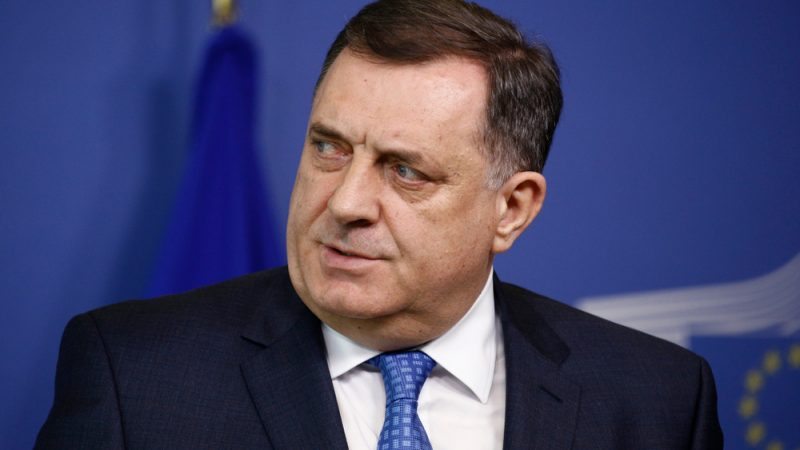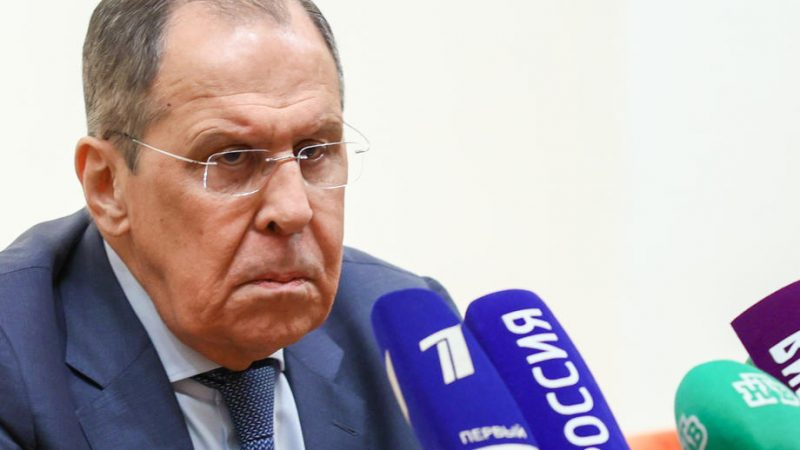Managing the Risks of Instability in the Western Balkans

The Western Balkan six – five of the former Yugoslavia’s successor states plus Albania – remain outside the EU as war wounds fester and reform efforts stumble. Brussels should find means short of promising accession to help guide these countries back onto the right track.


